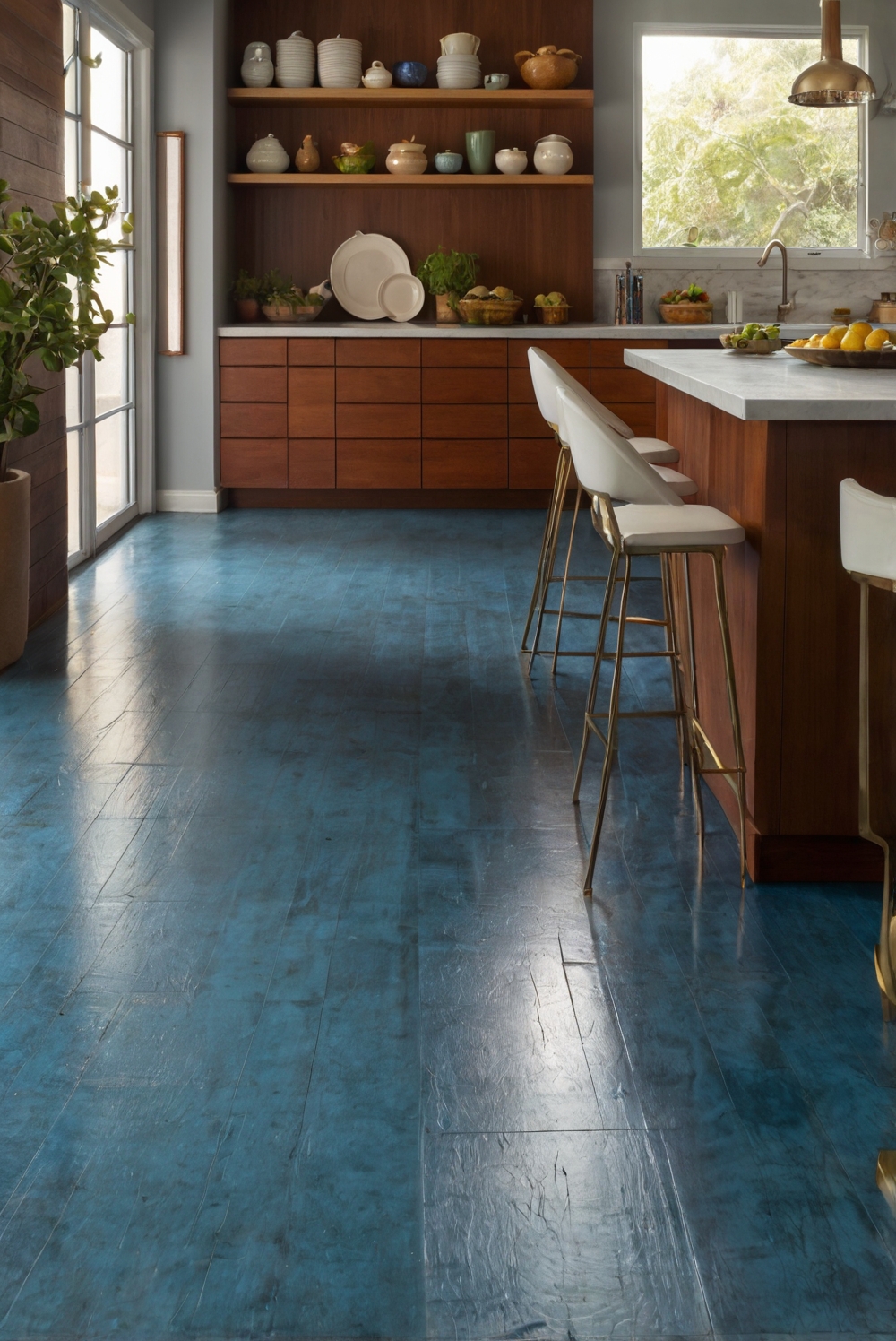Discover the best flooring materials with anti-microbial properties to enhance your kitchen’s health and aesthetics in this daily interior designer routine.
Which flooring materials have anti-microbial properties for a healthier kitchen?
**Vinyl, Linoleum, and Cork flooring** are excellent choices for a kitchen with anti-microbial properties. Vinyl flooring is water-resistant, easy to clean, and has anti-microbial properties that can help prevent bacteria growth. Linoleum is a natural product made from linseed oil and has intrinsic anti-bacterial properties. Cork flooring is hypoallergenic and naturally resistant to mold and mildew, making it a great option for a healthier kitchen environment. These materials also offer durability, easy maintenance, and a variety of styles to suit your home decorating needs. Consider these options in your home interior design for a cleaner and more hygienic kitchen space.
Which flooring materials have anti-microbial properties for a healthier kitchen?
When choosing flooring materials for your kitchen, it is important to consider their anti-microbial properties to promote a healthier environment. Here are some flooring materials that have anti-microbial properties:
1. Porcelain Tile:
Porcelain tile is a popular choice for kitchen flooring due to its durability and resistance to moisture. It is also naturally anti-microbial, which helps prevent the growth of bacteria and mold on its surface. This makes porcelain tile an excellent option for maintaining a hygienic kitchen environment.
2. Linoleum:
Linoleum is another flooring material known for its anti-microbial properties. Made from natural materials such as linseed oil and wood flour, linoleum inhibits the growth of bacteria, making it a great choice for a healthier kitchen. It is also easy to clean and maintain, further enhancing its appeal.
3. Cork:
Cork flooring is not only eco-friendly but also has natural anti-microbial properties. The suberin in cork helps prevent the growth of mold and mildew, making it a suitable option for kitchens where moisture may be present. Cork is also comfortable to walk on and provides insulation, adding to its benefits.
4. Rubber:
Rubber flooring is gaining popularity in kitchens due to its anti-microbial properties. It is resistant to mold and mildew, making it a hygienic choice for a kitchen environment. Rubber flooring is also durable, easy to clean, and provides cushioning underfoot, making it a practical option for a busy kitchen.
5. Bamboo:
Bamboo flooring is another option with anti-microbial properties that can benefit a healthier kitchen. Bamboo contains a natural agent called bamboo kun, which helps prevent the growth of bacteria and other microorganisms. It is also eco-friendly and durable, making it a sustainable choice for kitchen flooring.
In conclusion, when selecting flooring materials for your kitchen, consider options that have anti-microbial properties to promote a healthier environment. Porcelain tile, linoleum, cork, rubber, and bamboo are some of the flooring materials that offer these benefits. By choosing the right flooring material, you can create a hygienic and safe kitchen space for you and your family.

